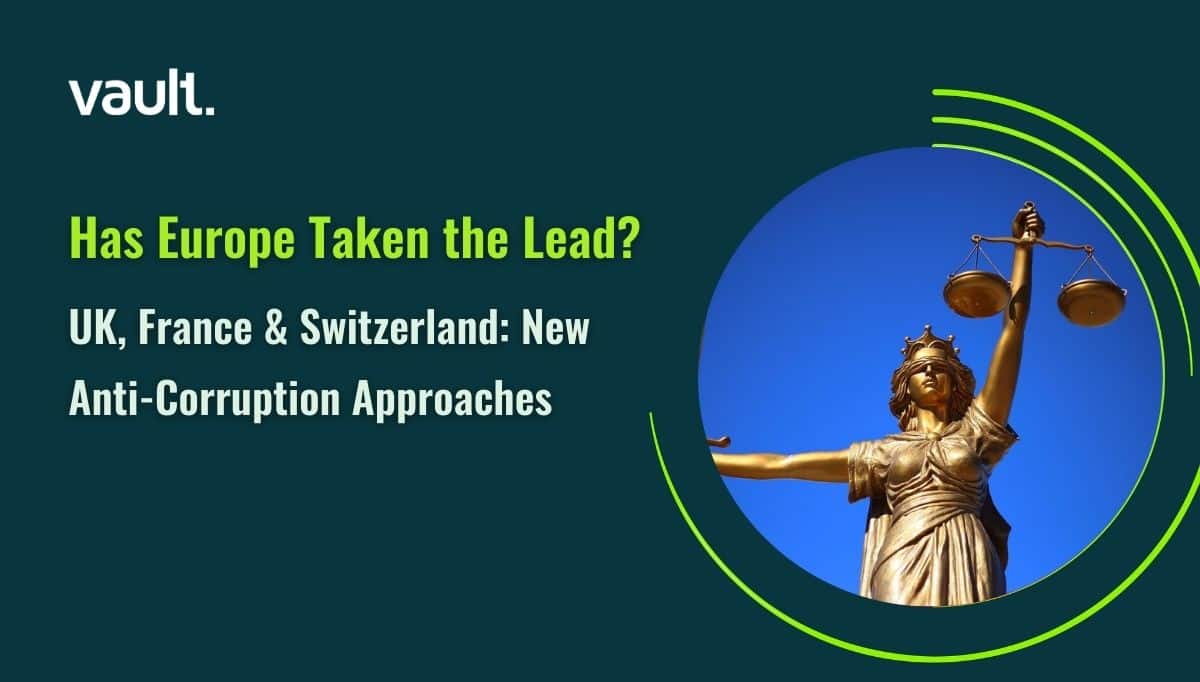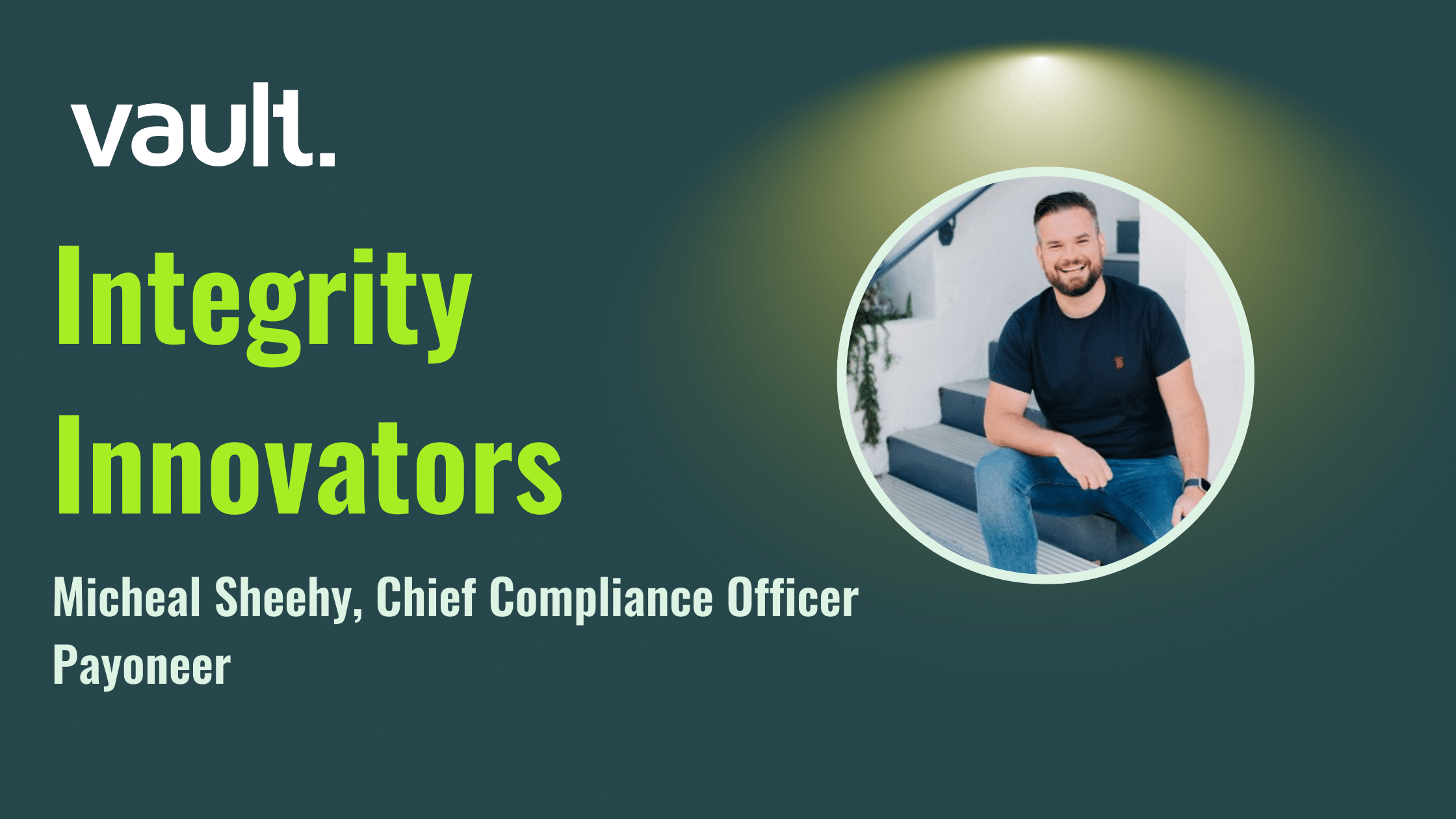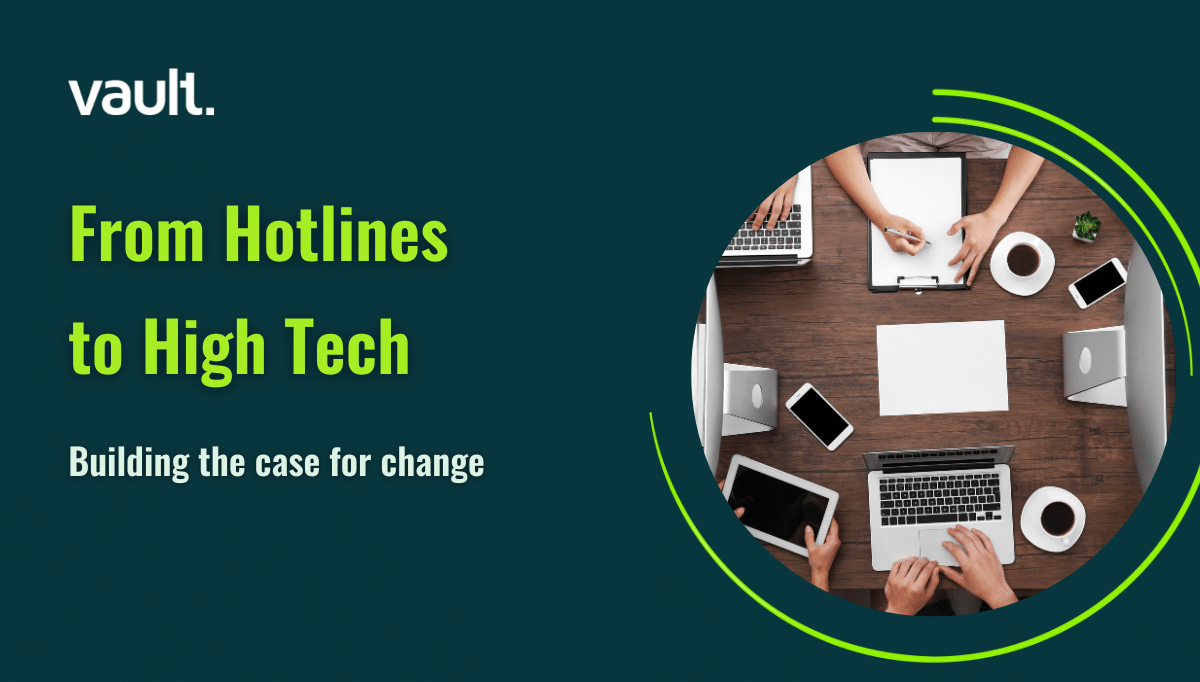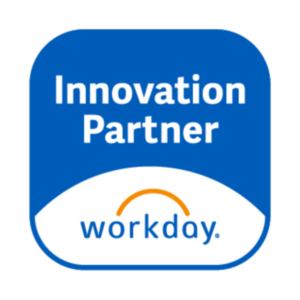One of the many things 2020 will be noted for is an increased focus on the intersection between the functions of compliance, legal, and HR – more specifically regarding the direction of a company’s culture and whether the company and its employees act with integrity.
In a recent article for Harvard Business Review, Rob Chesnut, who was most recently Chief Ethics Officer at Airbnb, warns that it’s the end of the line for ‘canned codes of ethics’ and companies that treat their code as just another legal box to check. Doing the bare minimum required to comply with the law is no longer enough as companies are pushed by employees, governments, and customers to step up and adopt a multi-stakeholder approach that serves social purposes as well as investor demands.
To this end, the function of Compliance has a powerful platform within the organization that reaches every employee and can become a powerful strategic driver if leveraged the right way.
This is reflected, not just in global trends within the Ethics & Compliance field, where it’s increasingly clear that the function plays a key role in helping organizations navigate the waters of bias, diversity, and equity but also by the attitudes of lawmakers.
The US Department of Justice (DoJ) recently updated its Corporate Compliance Guidance indicating heightened scrutiny over its understanding of how compliance programs should work as well as on the effectiveness of such programs.
The DoJ will look at three attributes in investigations:
- Is the corporation’s compliance program well designed?
- Is the program being implemented effectively?
- Does the compliance program work in practice?
A soundbite from the document suggests that the hallmark of a well-designed compliance program is “the existence of an efficient and trusted mechanism by which employees can anonymously or confidentially report allegations of a breach of the company’s code of conduct, company policies, or suspected or actual misconduct.”
Achieving such a goal – a Speak Up culture – is a challenge many companies are faced with and actively addressing. Vault Platform is currently participating in several Working Groups within the Ethics & Compliance Initiative (ECI) to share and learn from experiences on achieving a successful compliance program, and transparency is fast emerging as the foundation to this success.
Just how a company is tracking and monitoring its program, and how it is iterating and improving that program based on past experiences is the lens through which integrity is cultivated, helping develop a culture where compliance failures are not just exposed and resolved but also less likely to happen at all.




